Trenchless sewer repair does not normally do as much damage to your property as traditional procedures do. And if your property isn’t destroyed, you won’t have to spend thousands of dollars restoring it to its pre-repair condition. Repairing the damage produced by typical sewer repair procedures can be fairly costly, costing as much as $25,000 or more in some circumstances.
Jolly Plumbing Drains Heating and Air is a trenchless sewer repair contractor that is licensed and insured. Contact us today at (859) 781-7500 to see how this minimally invasive approach can help you.




